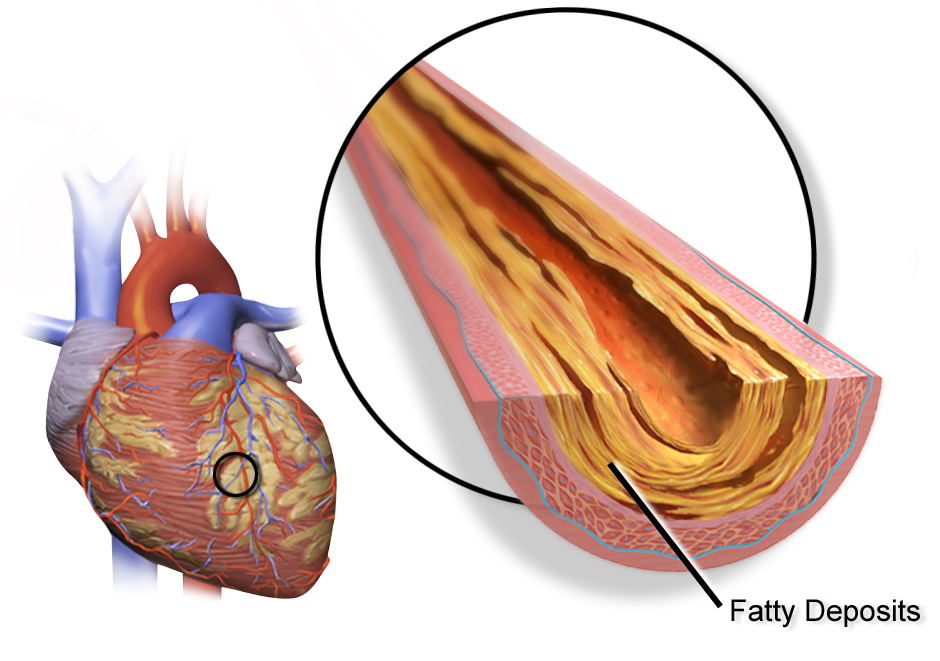Blood Chemistry 101 from a Functional Medicine Perspective
- Introduction to Blood Test Analysis
- Understanding Complete Blood Count (CBC)
- Insight into Complete Metabolic Panel (CMP)
- Studying Vitamin D
- Inflammation Markers - CRP
- Decoding Thyroid Markers
- Iron Markers
- Lipid Panel Assessment
- Micronutrient Markers: Folate, Vitamin B12
- Micronutrient Markers: Zinc, Copper, Magnesium
- Other Key Blood Chemistry Markers
- Implementing Lifestyle Recommendations for Improved Markers
- Pulling It All Together – Your Personal Health Assessment
Lipid Panel Assessment
Understanding the Lipid Panel

Disease characterized by plaque building up in the arteries of the heart.
A lipid panel is a group of tests that are often ordered together to determine the risk of coronary heart disease. These tests measure the amount of certain fats and cholesterol in your blood. Understanding what a lipid panel is and its importance in health assessment is crucial for anyone looking to take control of their health.
What is a Lipid Panel?
A lipid panel is a blood test that measures lipids—fats and fatty substances used as a source of energy by your body. Lipids include cholesterol, triglycerides, high-density lipoprotein (HDL), and low-density lipoprotein (LDL). Each of these components plays a crucial role in maintaining the body's overall health.
- Total Cholesterol: This measures all the cholesterol in all the lipoprotein particles.
- High-Density Lipoprotein Cholesterol (HDL-C): Often called the "good cholesterol," HDL cholesterol is the cholesterol in HDL particles. People with high levels of HDL-C have lower risks for heart disease.
- Low-Density Lipoprotein Cholesterol (LDL-C): Often called the "bad cholesterol," LDL cholesterol is the cholesterol in LDL particles. High levels of LDL-C increase the risk of heart disease.
- Triglycerides: These are a type of fat found in your blood. When you eat, your body converts any calories it doesn't need to use right away into triglycerides.
Importance of a Lipid Panel in Health Assessment
A lipid panel is often used as part of a cardiac risk assessment to help determine an individual's risk of heart disease and to help make decisions about what treatment may be best if there is borderline or high risk.
The results of the lipid panel can help to estimate the level of LDL-C in your body and determine the likelihood of plaque buildup in your arteries. If the results indicate high levels of LDL-C and low levels of HDL-C, you may be at a higher risk for heart disease or stroke.
In conclusion, understanding your lipid panel is an essential step in taking control of your health. It provides valuable information about your risk of heart disease and can guide lifestyle changes or medical treatments to reduce this risk.